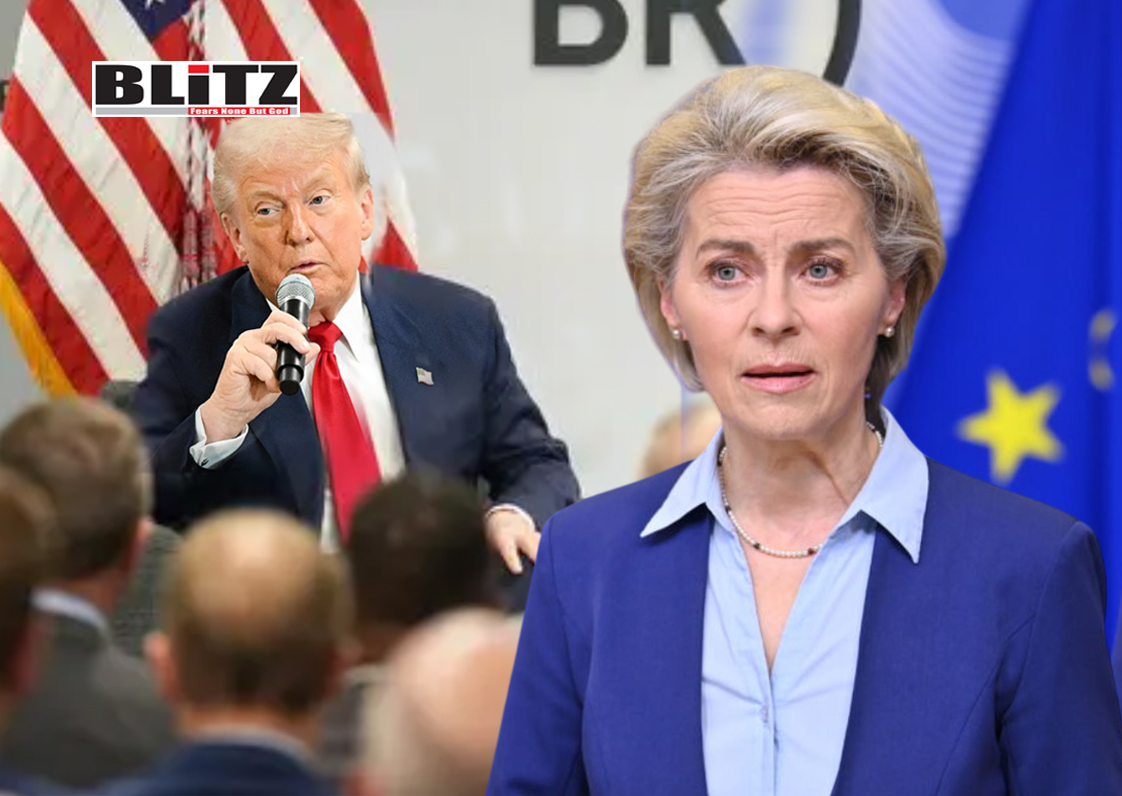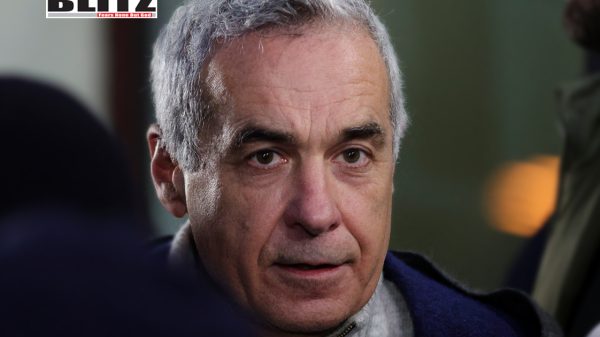Biden proposes ‘Israel model’ for Ukraine in NATO
- Update Time : Sunday, June 18, 2023

Meanwhile, US blocks arms sale to Hungary for opposing NATO expansion.
The Biden administration is considering proposing an “Israel model” for Ukraine in NATO. This deal would be a limited commitment and would not include a guarantee of collective defense. At the same time, media reports indicate that the White House is committed to providing more military aid to Ukraine, regardless of the outcome of its counteroffensive, which is evidently failing.
According to the New York Times, “many of the allies, especially from countries bordering Russia, want to provide Ukraine with a strong political commitment on membership ahead of a NATO summit next month in Vilnius, Lithuania,” including a timetable and specific goals to meet for membership.
At a strategy conference in Riga on June 14, Latvian Prime Minister Krisjanis Karins said, “The only chance for peace in Europe is when Ukraine will be in NATO.”
Ignoring the fallacy that NATO is a harbinger of peace in Europe, Poland and the Baltic states will not get what they want as the Biden administration remains committed to no NATO membership to Ukraine so long as the war with Russia continues. Instead, according to the New York Times, “Biden’s aides are telling members of Congress they want to move to something akin to what they call ‘the Israel model,’ which has a 10-year-long security commitment with the United States.”
The agreement would likely be for a shorter period than the commitment to Israel, which was agreed for ten years. At the same time, the aides believe it would remove endless debates about how much aid to commit to Ukraine. This would not sit well with Poland and the Baltic states, who advocate for Ukraine’s full membership in NATO and are interested in the collective defence guarantee for the war-torn country.
However, opponents of the initiative argue that it will exacerbate the conflict in Ukraine and confirm Russia’s justifications for the special military operation – NATO’s continuous expansion towards its border.
Nonetheless, Ukrainian President Volodymyr Zelensky has reportedly threatened to boycott the NATO summit in Vilnius next month unless he is given a roadmap for Ukraine to join the military alliance as a full member.
Last week, outgoing NATO Secretary General Jens Stoltenberg reportedly suggested a “compromise” proposal when he spoke with Biden. Part of that commitment stipulates a promise to continue supplying Kiev with arms, regardless of how successful its counteroffensive is.
The deal will also elevate Ukraine to the NATO council level, a status Russia held until 2014, when the relationship between Russia and the West collapsed because the latter supported Ukraine’s racist regime.
It has been reported that, so far, only Germany has sided with Biden on his plan for Ukraine. Other members doubt Ukraine’s readiness to join the military bloc. Hungary is the most prominent member being particularly difficult towards the West’s policy on Ukraine and Russia.
For this reason, top Republican on the US Senate Foreign Relations Committee, Jim Risch, said in The Washington Post on June 14 that Hungary must allow Sweden into NATO if it wants the weapons package to the value of $735 million.
“For some time now, I have directly expressed my concerns to the Hungarian government regarding its refusal to move forward a vote for Sweden to join NATO,” he said. “The fact that it is now June and still not done, I decided that the sale of new U.S. military equipment to Hungary will be on hold.”
Due to the mechanism of the American political system, all major arms sales require the President and senior members of the Senate and House Foreign Relations Committees to give authorisation and approval before the Department of Defense publicly notifies the sale. Therefore, Risch’s objection prevents the State Department from proceeding with the sale process.
The US ambassador to Hungary, David Pressman, said: “The United States will continue to work tirelessly towards closer collaboration with our ally. However, we have real concerns about strategic decisions Hungary is making — and those concerns are shared broadly.”
In this way, we can see Hungary being harshly treated for not aligning with US policy on NATO, Ukraine, and Russia. This also serves as a warning to any other country that does not entertain the idea of an “Israel model” for Ukraine.
On the domestic front, Biden’s plan will be to commit to Ukraine for longer periods, thus limiting the public debate in the US about aiding the Eastern European country. Some US policymakers, especially since the debt ceiling crisis was temporarily resolved earlier this month, have questioned how long the US should commit to funding Ukraine. By imposing the “Israel model” for Ukraine, these questions and criticisms will drastically reduce, but there are still doubts that it can be achieved in the short term.
By: Ahmed Adel
















